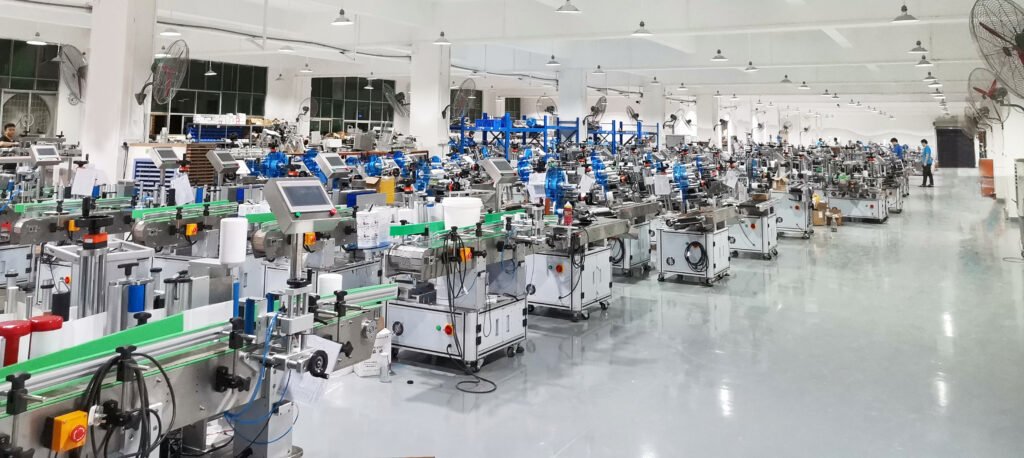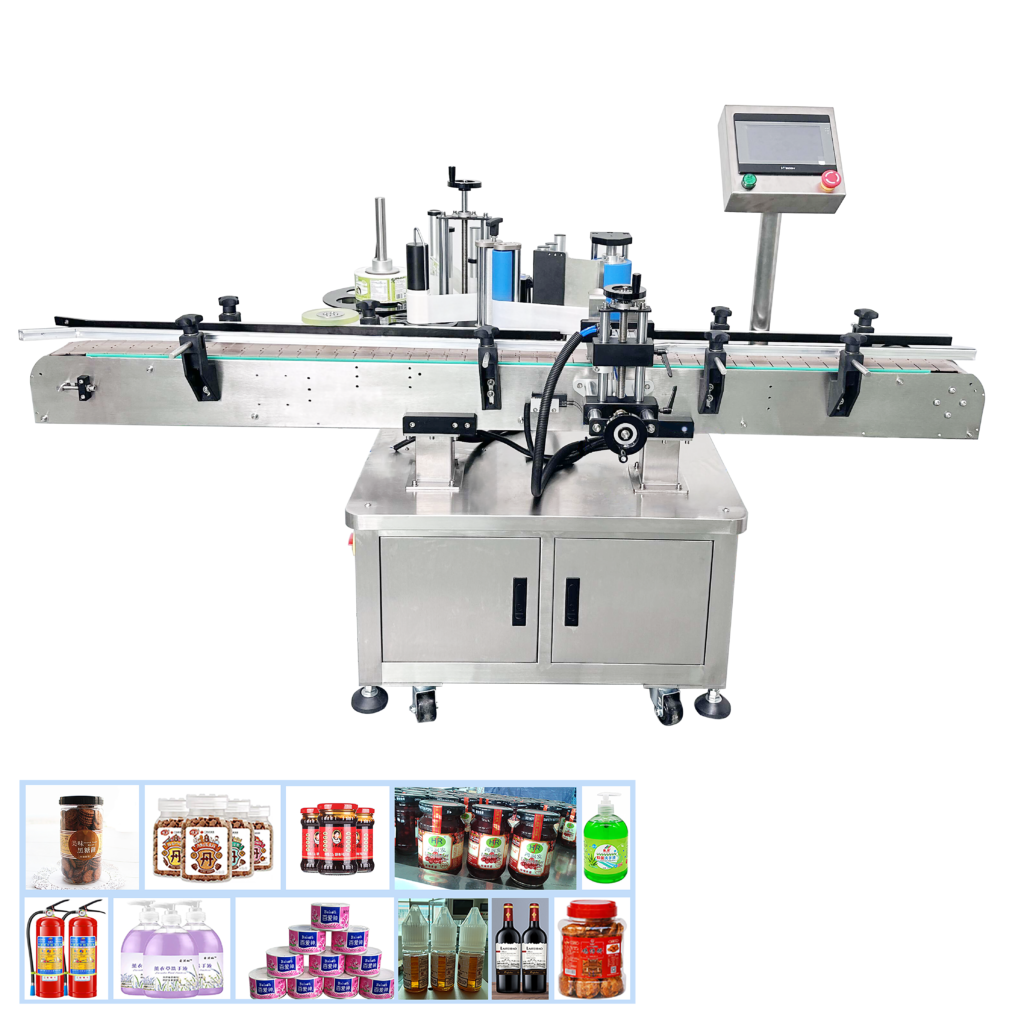
I've always been intrigued by how label applicators make packaging so precise and efficient.
Label applicators work by automatically placing labels onto products or packaging with accuracy. They use sensors to detect items moving along a conveyor belt, then apply labels using mechanisms like rollers or brushes. This automation ensures consistent label placement on various product sizes and shapes, greatly enhancing packaging efficiency.
Watching these machines in action highlights the advancements in manufacturing technology.
What are the advantages of labeling machines?1
From my experience, labeling machines offer numerous benefits to any production line.
Labeling machines provide speed, accuracy, and consistency. They reduce manual labor and minimize errors, leading to higher production rates. High-speed labeling machines can label thousands of items per hour, making them ideal for large-scale operations. They're versatile too, handling different labels and containers like round bottle labeling machines, which is essential across various industries.

Enhancing Efficiency
Automatic labeling machines streamline processes, saving time and resources. In large operations where manual labeling isn't practical, these machines are invaluable.
Reducing Costs
Investing in high-speed labeling machines cuts down on labor costs and boosts productivity. It's an investment that pays off over time.
| Advantages | Description |
|---|---|
| Speed | Labels products rapidly |
| Accuracy | Ensures consistent label placement |
| Versatility | Handles various labels and container shapes |
| Cost-Effective | Lowers labor expenses in the long run |
What is a labeling machine used for?
Labeling machines have a wide range of applications in different industries.
A labeling machine is used to apply labels to products, containers, or packages. They're essential in industries like food and beverage, pharmaceuticals, and cosmetics for branding and providing product information. For example, beer bottle labelers ensure each bottle is correctly labeled, enhancing brand visibility and compliance with regulations.
Their role is crucial in product presentation and customer information.
Is labeling good or bad?
Labeling can have both positive and negative implications, depending on the context.
In manufacturing, labeling is good because it provides necessary product information, helps in branding, and ensures compliance with laws. However, in social contexts, labeling people can lead to stereotypes and biases. In our field, proper labeling is vital for customer satisfaction and legal compliance, making labeling machines indispensable tools.
Understanding the context is key when considering the impact of labeling.
Why is labeling important in marketing?
From a marketing standpoint, labeling is a powerful tool.
Labeling is important in marketing because it communicates the brand and product details directly to consumers. A well-designed label can attract attention, convey quality, and influence purchasing decisions. Using automatic labeling machines ensures every product carries a consistent and professional label, reinforcing brand identity.
It's an aspect I always emphasize when helping businesses enhance their market presence.
It's a video for your reference.
https://youtu.be/30YMDnkRnDM?si=4qHpNVqecqWNOxxC
Conclusion
Label applicators are essential in automatic manufacturing, improving efficiency and ensuring products are professionally labeled. Investing in the right equipment, like automatic labeling machines or label applicators, can
-
https://yctauto.com/product/yct-08-table-automatic-round-bottle-lableing-machine/
significantly benefit our production processes and brand image. ↩


